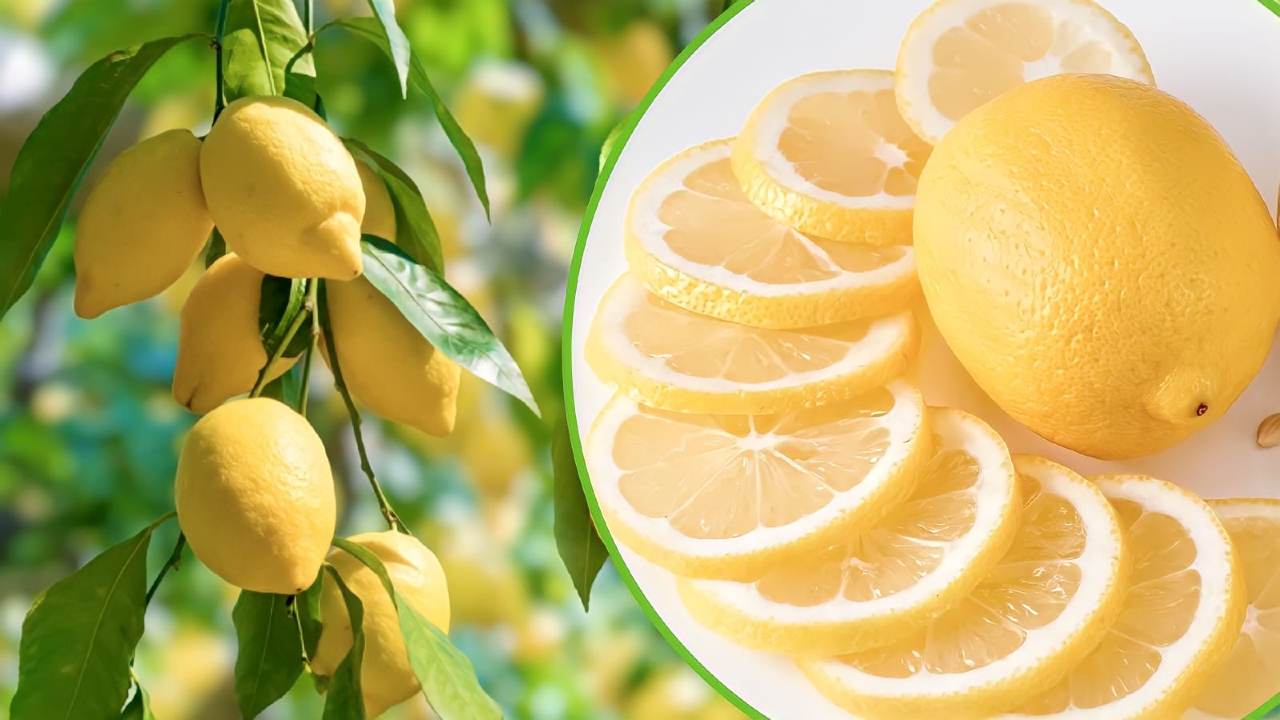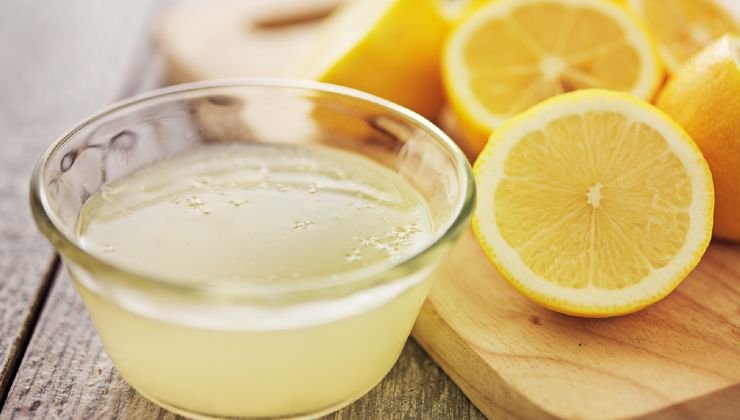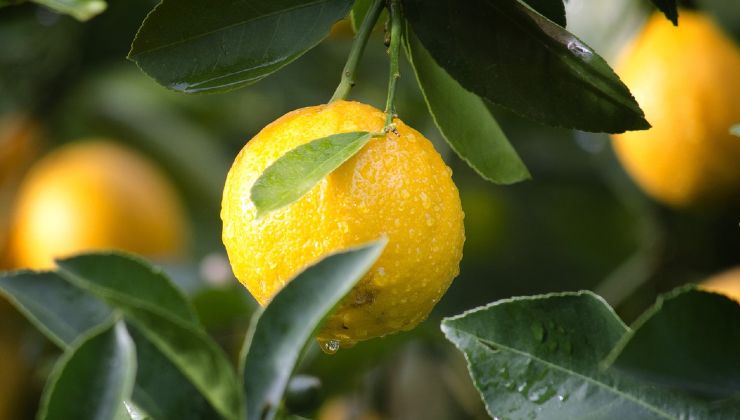
Beautiful and juicy lemons at home, all the tips for creating a strong plant
Want to cultivate beautiful, juicy lemons at home? The answer is a resounding yes, and here are all the tips for nurturing a robust and thriving lemon plant.

Lemons are a staple in many households, hailed as one of the best and oldest fruits with extraordinary properties for both culinary use and home applications. Experts share advice on cultivating vibrant and succulent lemons, ensuring a sturdy and fruitful plant.
Characteristics of lemons:
Lemon, a vital natural ingredient, is renowned for its disinfectant and antibacterial properties. Recognized by ancient populations, it was primarily used to flavor dishes or beverages with its acidic juice boasting a high vitamin content.
Versatile in its ability to complement various flavors without overpowering them, lemon is a culinary essential, enhancing a wide range of dishes, from salads to fish. Beyond its role in degreasing oily dishes and enriching traditional Italian cuisine, lemon is a refreshing, hydrating drink when used in classics like lemonade. Its properties extend to aiding digestion and activating metabolism, making it an ideal addition to meals.
Lemon’s versatility is further evident in desserts, and its anti-nausea properties make it a valuable ingredient for beauty masks. Among its myriad uses, it even finds a place in household applications, such as the surprising effect of placing a lemon in the washing machine.

Tips for Growing Beautiful and Juicy Lemons at Home:
Given the multitude of reasons to have lemons at home, growing them directly is a worthwhile endeavor. However, lemon plants in the garden require protection during winter due to their intolerance to harsh temperatures.
A simple fabric or non-woven sheet serves as effective protection for the plant, ensuring it breathes while preventing condensation. With this consideration, fertilizing the lemon plant is essential, beginning in spring and continuing through summer.
DIY homemade fertilizer
For an organic fertilizer rich in exclusive properties, experts suggest creating a DIY homemade fertilizer. Here’s how:

- Purchase a composter and add ruminant manure, leaves, legumes, shells, roots, and mulch.
- Cover the mixture with water and let it rest for three weeks outdoors (considering the strong and unpleasant smell).
- The resulting compound contains essential properties for the lemon plant, including iron, phosphorus, and potassium, promoting the growth of strong, beautiful, and juicy fruits.



